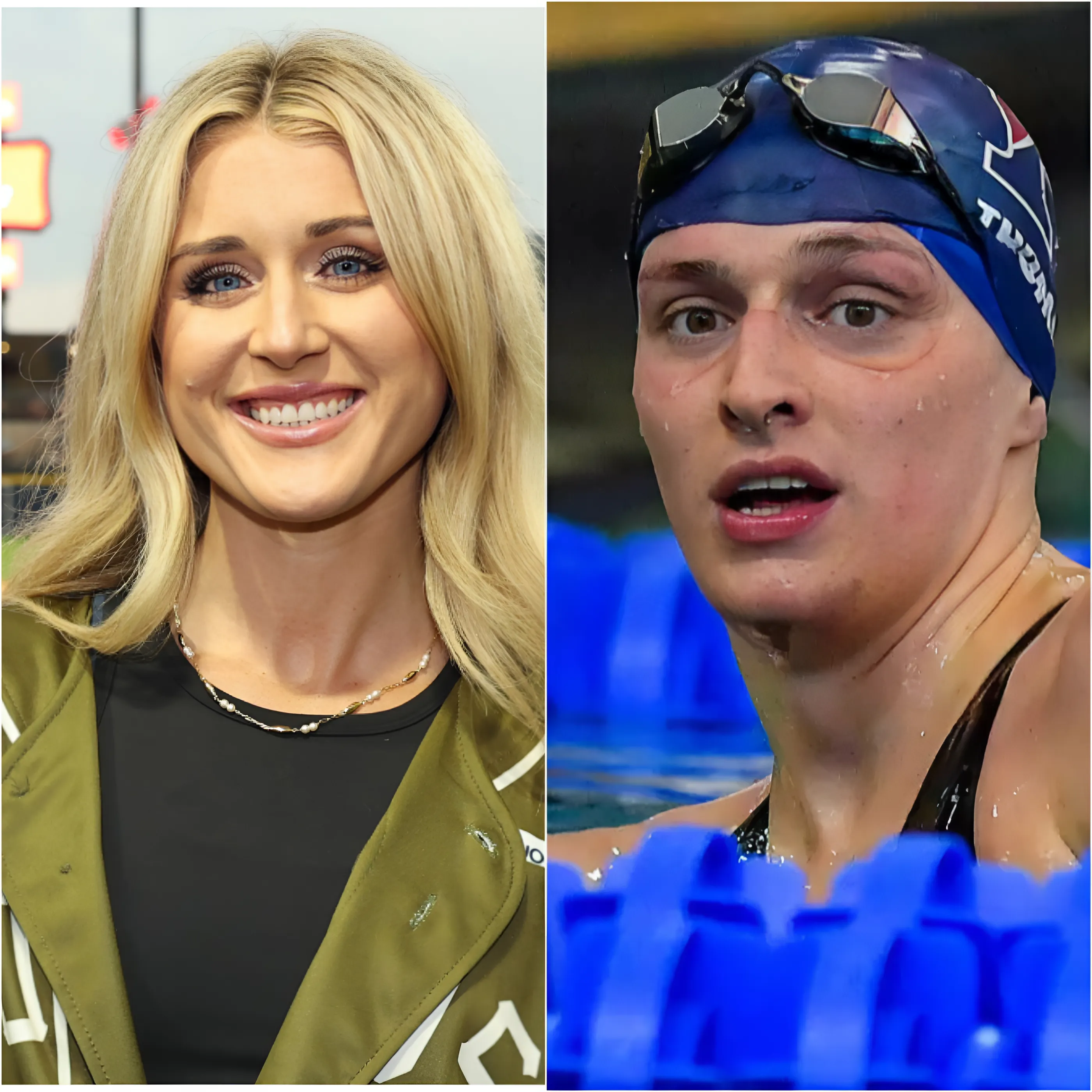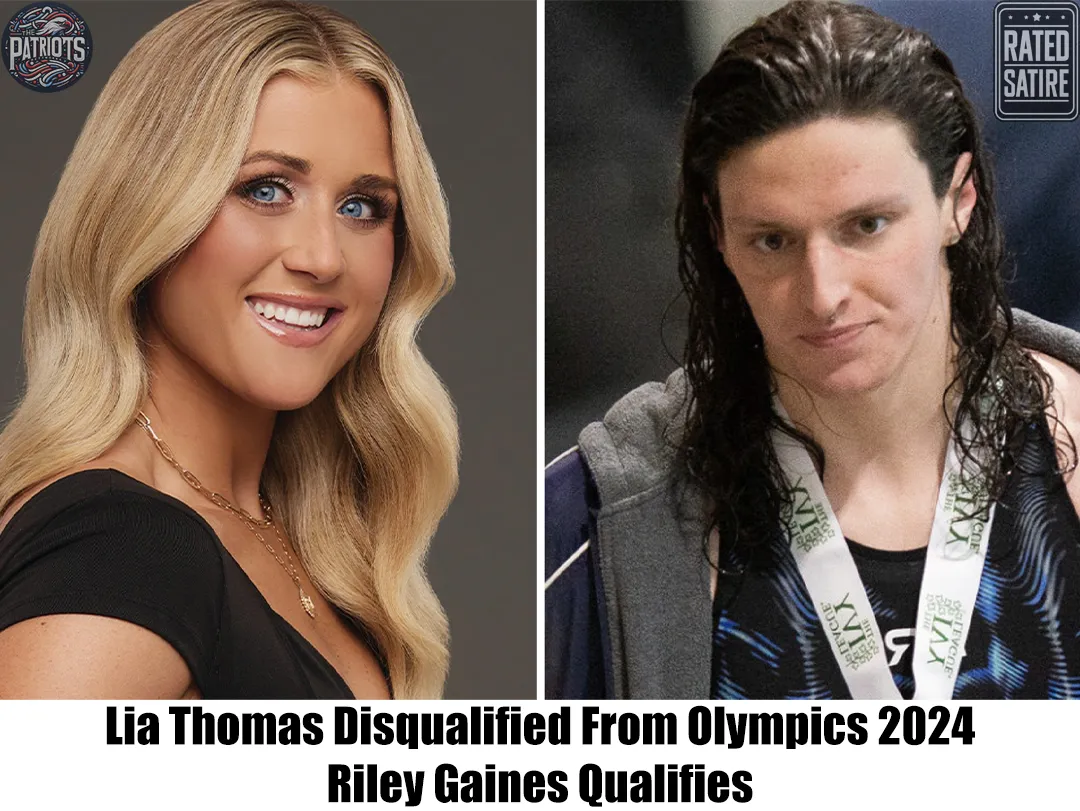In a controversial decision that has sparked intense debate in the sports world, transgender swimmer Lia Thomas has been banned from participating in the 2028 Olympics due to allegations of gender fraud. The ruling came after months of investigation, during which concerns were raised about the fairness and integrity of Thomas’ participation in women’s swimming competitions.
Lia Thomas, who gained media attention after her transition and competing in NCAA women’s swimming, has been at the center of discussion about transgender athletes in sport. Although Thomas initially qualified for the 2028 Olympics, the International Olympic Committee (IOC) opened an investigation after receiving complaints from other athletes and sports organizations, alleging that Thomas had an unfair advantage in women’s competitions.

The decision has been met with mixed reactions, with some applauding the exclusion as a necessary step to ensure fair competition in women’s sports, while others see it as a setback for the rights of transgender athletes.
One of Thomas’ competitors, Riley Gaines, who has been an outspoken advocate for preserving the integrity of women’s sport, has now secured her spot at the 2028 Olympics. Gaines, a former NCAA swimmer, has consistently challenged Thomas’ eligibility, arguing that allowing trans women to compete against biological women undermines fundamental principles of fairness in competition.
In a statement following the decision, Gaines expressed her satisfaction:
“I believe in fair competition, and today’s ruling ensures that all female athletes have the opportunity to compete on a level playing field. This is not just about me or Lia, it’s about protecting women’s sports for future generations.”

On the other hand, Thomas expressed her disappointment at the decision, stating that the ruling was discriminatory and a violation of her right to compete.
“This exclusion is not just a personal loss, but a blow to the entire transgender community. We deserve to be seen, heard and respected in sport like anyone else,” Thomas said in an emotional response to the ruling.
The IOC, in its official statement, stressed that the decision was made following a thorough review of the scientific, ethical and legal aspects around gender eligibility in sport. The committee also reiterated its commitment to balancing inclusion with the need for equity in women’s competitions.
While the debate continues, Lia Thomas’ exclusion has reignited a broader discussion about the future of transgender athletes in elite sport, with questions about how governing bodies can create inclusive policies without compromising equity for all competitors.
With Riley Gaines now set to compete at the 2028 Olympics, a new chapter opens in women’s swimming, but the conversation about transgender athletes is far from over.